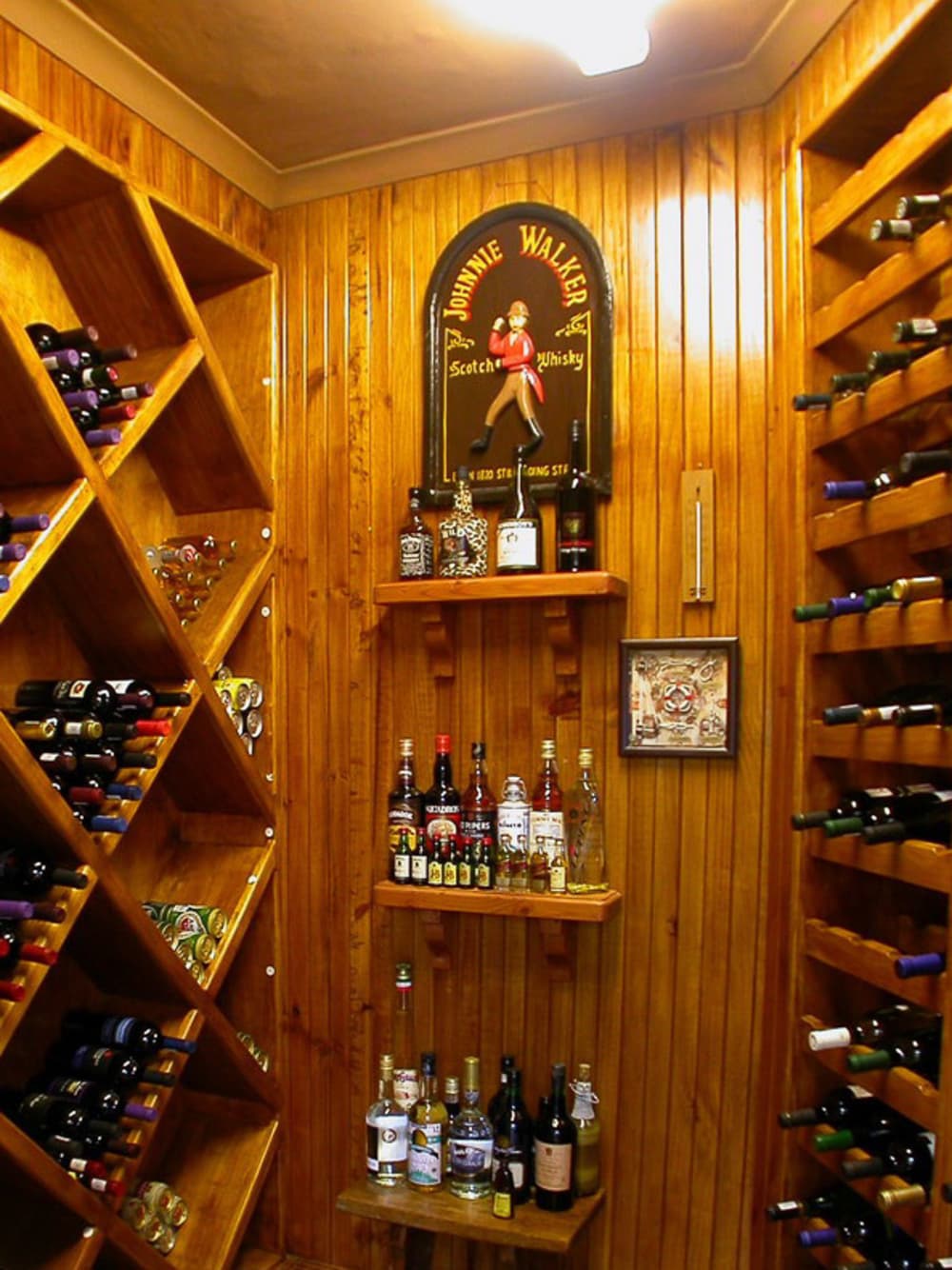Grapes of Wrath
You're killing our buzz; TABC to eliminate direct shipping from wine retailers
 Now collectors will have to ship straight from the winery for many bottles,risking damage and paying for the privilege
Now collectors will have to ship straight from the winery for many bottles,risking damage and paying for the privilege Collectors will suffer from the lack of competition
Collectors will suffer from the lack of competition
It's a bit of bad news that I broke for most of the wine collectors I've been speaking to: The Texas Alcoholic Beverage Commision (TABC) has moved to outlaw direct shipping from wine retailers.
The ban claims legitimacy by arguing that shipping direct to Texas consumers violates bootlegging laws (or something) and is just the next move in a conflict that's been bouncing around the courts since 2006. Most collectors I talked to weren't even yet aware of this latest attempt to limit competition for Texas retailers.
Things to know: Texas operates under a three-tier system — the tiers being producers (wineries), distributors (Glazers is an example) and retailers (like Spec's). Texas requires that wine go through a distributor before it can get to the retailer and the consumer, although direct-shipping to Texans straight from wineries is still legal.
Confused, much? You can read in much more depth than I can provide about the intricacies of Texas' three tier system here.
But what's this all mean for the consumer? Being a 23-year-old beer and occasional Franzia-drinker, I talked to a seasoned wine collector to find out.
Tom Dolezal is a collector who participates in a tasting with several other collectors every Monday night, which I crashed. Here's his take on the direct-shipping debacle:
CultureMap: Do you prefer to order your wine direct from the winery or from a retailer?
Tom Dolezal: When there is a wine I want that's available from a local retailer, I certainly would prefer to buy from that retailer. This lets me avoid shipping, which has inherent risks such as heat/cold damage, possible loss, and breakage. However, much of what I buy is NOT available from retailers here at all.
CM: What do you look for that's not available from local retailers?
TD: One — Mailing-list only wines that I get directly from wineries (examples are Kosta Browne, Carlisle, Karl Lawrence, Colgin, and Williams-Selyem). There are wineries that do provide limited amounts of some of their wines, but not in quantities such that acquisition from local retailers is guaranteed or even likely. Examples of these are Turley, Loring, Pride, and Kistler.
The economy has affected direct sales of some of these such that they are more available from some retailers than in prior years, but again not in any reliable quantities and certainly not all of their bottlings. For example, I am allocated 20 or so different wines from Turley each year if I buy directly from them, but only a fraction of those wines make it to Spec's. And most of those are their higher-production wines that I have limited or no interest in.
Two — Older vintages and low-production wines not offered regularly through the three-tier system here. Retailers rarely offer more than the current vintage (or in Spec's case, one or two vintages back if they have not sold well). Out-of-state retailers such as Wine Exchange, K&L, and Hart Davis Hart provide access to such wines, which would otherwise be impossible to obtain.
Three — Wines that simply aren't carried by distributors in Texas. It's impossible for EVERY wine, especially imported, to be available in all markets. Collectors still want them, though. Retailers from other states, sometimes even small ones who specialize, can offer these.
CM: How will these efforts affect your purchases?
TD: About 10 percent of what I buy today comes from out-of-state retailers (well, until this new ban anyway). I will likely shift those dollars to more winery-direct purchases if I have to.
Tell us — what do you think of the ban on direct-shipping? You can share your thoughts about the TABC with your state legislators here.
Editor's Note:
After speaking with a representative of the TABC, we've been asked to clarify that "direct shipping from out-of-state retailers has been prohibited by Texas statute since the end of Prohibition." It is our understanding, however, that enforcement efforts have recently intensified.

 The building at 4911 will be torn down for the new greenspace. Holland Lodge No. 1, A.F. & A.M./Facebook
The building at 4911 will be torn down for the new greenspace. Holland Lodge No. 1, A.F. & A.M./Facebook